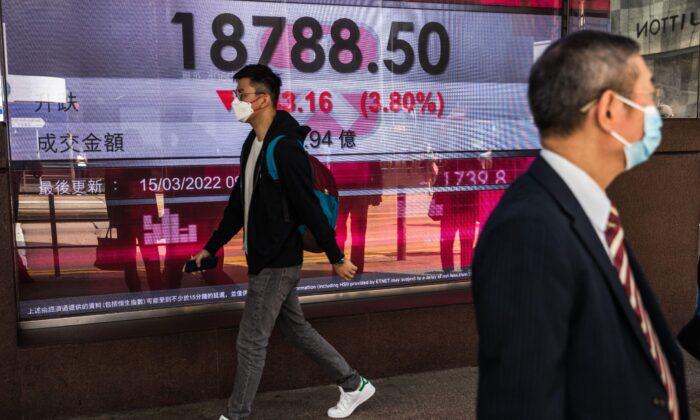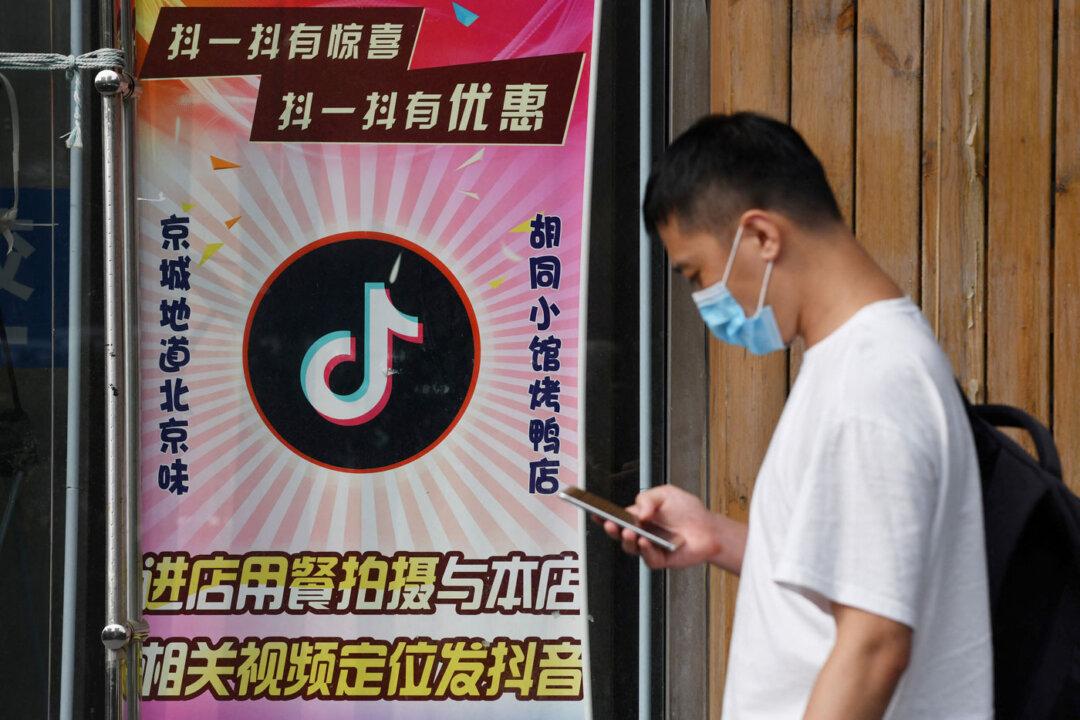The Chinese regime has announced relaxing some of the harsh COVID-19 restrictions imposed in the country, with the decision positively affecting stocks worldwide.
On Nov. 11, China’s National Health Commission (NHC) announced easing the pandemic rules a day after the Politburo Standing Committee met to approve the measures. The new rules cut down centralized quarantine times for close contacts and foreign travelers from seven to five days. However, the requirement of three additional days of home isolation following the quarantine was kept unchanged.
Travelers now only need to show one negative COVID-19 test taken within 48 hours of boarding a flight to China, down from the earlier requirement of two tests.
A “circuit breaker” mechanism that was in place for inbound flights will be abolished. The policy had allowed for snap closure of flight routes if a portion of the passengers tested positive for the coronavirus.
Authorities will also cease to identify secondary contacts, which used to be a nuisance in big cities where people got entangled in the administration’s contact-tracing efforts when an outbreak is discovered. Though some of the rules were eased, NHC dismissed the full removal of restrictions anytime soon.
Beijing’s decision boosted stock markets domestically and internationally on Friday. The Hang Seng Index rose by 7.7 percent, its biggest daily gain since March. The blue chip CSI 300 Index rose by 2.8 percent.
Easing COVID-19 Rules
“These policies indicate the government intends to move toward reopening the economy, though the exact schedule is still not clear at this stage,” Pinpoint Asset Management chief economist Zhang Zhiwei told Reuters. “Reopening is likely to be a long process … Nonetheless, this is an important step in the right direction.”Speaking to the media outlet, Hang Seng Bank (China) chief economist Dan Wan pointed out that the stock market’s positive response to the NHC decision reflects investor expectations that China will gradually relax pandemic restrictions in the coming months.
However, Wang does not see any immediate large-scale policy changes. Instead, COVID-19 policies are only expected to change marginally and gradually “unless effective vaccination and treatment drugs become widely available.”
On Friday, foreign investors purchased Chinese shares worth 14.6 billion yuan ($2.05 billion) through the Stock Connect Scheme. This is the biggest purchase by such investors in two months.
Meanwhile, COVID-19 infections in the country are showing an uptrend. On Nov. 10, Chinese authorities reported 10,535 new domestically transmitted cases, which is the highest since April 29.
In the city of Guangzhou, at least three districts have been placed under some restrictions, with only one person per household in the Haizhu district allowed to buy daily necessities.





